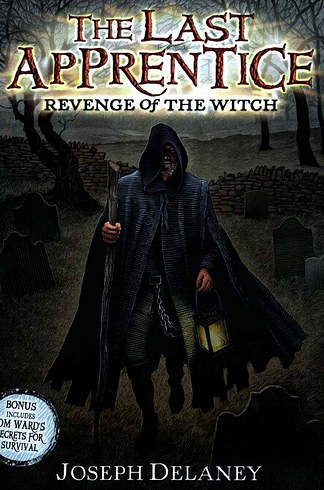
When he realizes he's dealing with the Seven Deadly Sins, he does what few people would do, and goes to the library.

He is a lonely man who confronts life with resigned detachment. He never married, although he came close once. He puts himself to sleep with a metronome. He lives alone, in what looks like a rented apartment, bookshelves on the walls. Here he knows all the lessons a cop might internalize during years spent in what we learn is one of the worst districts of the city. He embodies authority naturally I can't recall him ever playing a weak man. The enigma of Somerset's character is at the heart of the film, and this is one of Morgan Freeman's best performances. The film should end with Freeman's "see you around." After the devastating conclusion, the Hemingway line is small consolation. But the original ending is still there, and the quote plays more like a bleak joke. A hopeful quote by Hemingway was added as a voice-over after preview audiences found the original ending too horrifying. It's more of a character study, in which the older man becomes a scholar of depravity and the younger experiences it in an pitiable and personal way. Nor is the film about detection the killer turns himself in when the film still has half an hour to go. But "Seven" takes place not in the genteel world of country house murders, but in the lives of two cops, one who thinks he has seen it all and the other who has no idea what he is about to see. This is as formulaic as an Agatha Christie whodunit. After two of these killings Mills realizes they are dealing with a serial killer, who intends every murder to punish one of the Seven Deadly Sins. There are words scrawled at the crime scenes the fat man's word is on the wall behind his refrigerator: Gluttony. This grim death sets the tone for David Fincher's "Seven," one of the darkest and most merciless films ever made in the Hollywood mainstream.


 0 kommentar(er)
0 kommentar(er)
